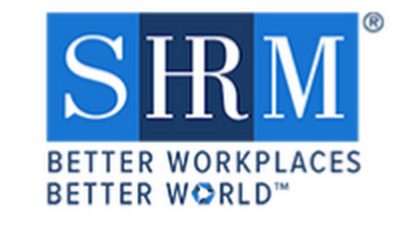Kilili: Unity is key to fate of CW bill
Delegate Gregorio Kilili C. Sablan (Ind-MP) urged members of the Society for Human Resources Management NMI Chapter yesterday to support his recently introduced legislation that would extend the CNMI-Only Transitional Worker program.
He told SHRM members that he worked with members of the U.S. Congress who at first wanted an outright denial of the extension.
“When I first began these negotiations, there were some at the table who literally said, ‘There can be no extension of the CW program beyond 2019,’” said Sablan, adding that negotiations of the CW program extension started with allowing the program to expire.
In 2016, Murkowski, along with her Democrat counterpart in the Senate Committee on Energy and Natural Resources, U.S. Sen. Maria Cantwell (D-WA), assigned the Government Accountability Office to report on the labor situation in the CNMI.
The May 2016 GAO report ultimately led to the U.S. Workforce Act, or H.R. 4869 for the U.S. House of Representatives and S. 2325 for the U.S. Senate.
“If we are going to have any chance at all of getting the [legislation] through the U.S. Senate and U.S. House and signed by President Donald J. Trump, we need to be united here at home. We need everyone to back this bill. We need your businesses and the organizations you belong to back this bill. We need the [CNMI] Legislature and the [CNMI] mayors and the municipal governments to back this bill,” said Sablan.
He added that with adequate backing, along with movement within the U.S. Congress, the possibility of seeking a reprieve on the 4,999 cap for fiscal year 2019 is there.
“I have already made a formal request to the Secretary [of the Department of Homeland Security] to lift the cap and let Congress do its work. What will really help…are clear signs that Congress is moving forward on a long-term solution beyond 2019.”
If H.R. 4869 or S. 2325 gets enacted, the CW program expiry would be extended by an additional 10 years, resetting its expiration date to 2029.
The legislation also includes a provision that addresses workers who have been in the program since fiscal year 2014 as well as increase its numerical limit to 13,000, starting fiscal year 2019.
A provision creates a new permit category, the CW-3 permit, which would be renewed every three years unlike the CW-1 permit, which is renewed annually.
Sablan and U.S. Sen. Lisa Murkowski (R-AK) simultaneously introduced the legislation in their respective chambers last Jan. 19, 2018. That means a CW bill is currently in the U.S. House; an exact, same bill is also in the U.S. Senate—both simultaneously going through both chambers.
“The bills had two components that were very important to us: the extension of the [CW] program and the [CW cap increase] to 13,000,” said SHRM president Francisco S. Ada, adding that these to provisions were the major concerns of the organization.
“Any reduction to that won’t really do us any good,” he added.
****

























